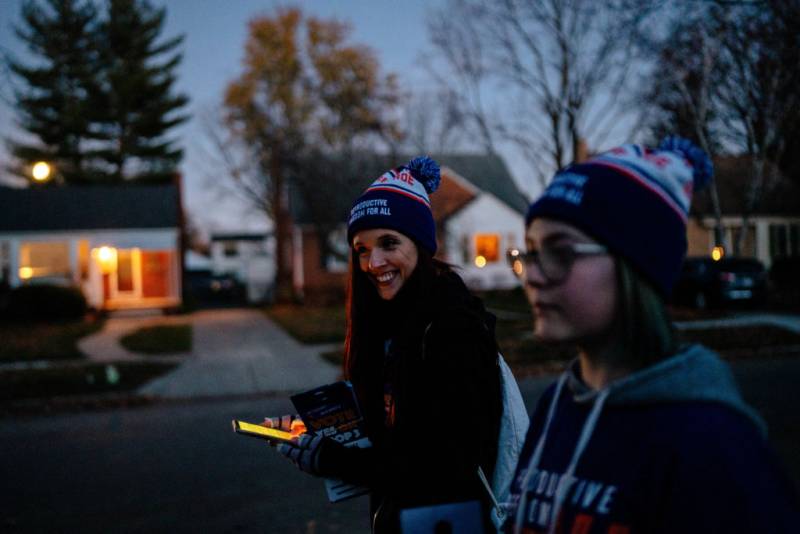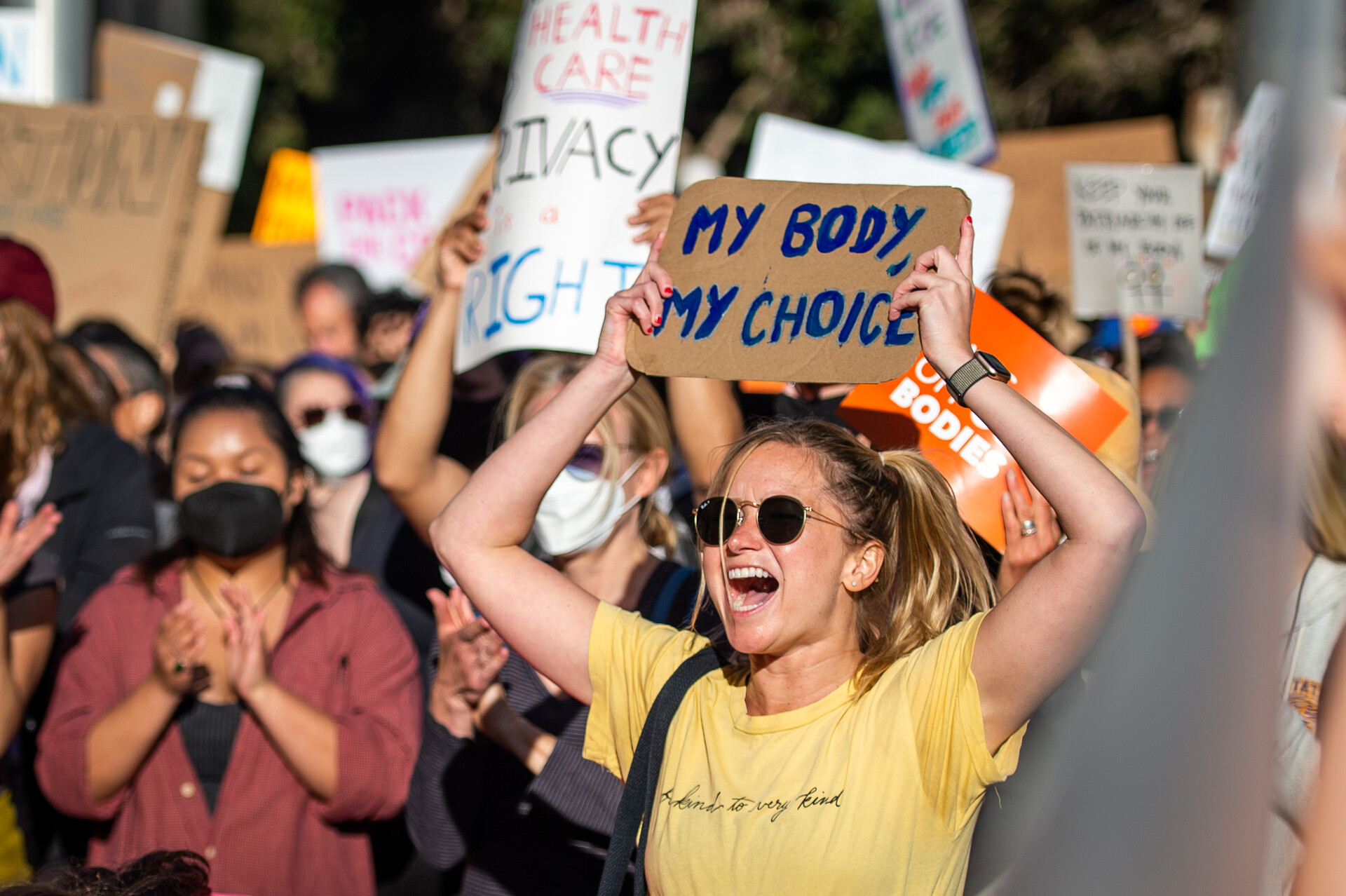Abortion rights supporters had a successful run of ballot measures this year.
In states where voters were asked to weigh in directly on abortion rights, they supported measures that protect those rights and rejected initiatives that could threaten them.
Those victories have abortion rights advocates looking at where they can next take the fight directly to voters.
“Let’s take this show on the road. Let’s go to states, and let’s prove that we can win in some challenging environment,” said Anthony Romero, executive director of the American Civil Liberties Union. “Let’s put this to the people.”
Exploring options in red states
Romero, who spent election night in Michigan celebrating the passage of an amendment to protect abortion rights in the state’s constitution, said his group is looking at several states as potential targets for future ballot campaigns, including Ohio and Florida.
Kelly Hall, executive director of the Fairness Project, which advocates for progressive-leaning ballot measures, said her organization is also exploring options in those states, along with Missouri, Oklahoma, Arkansas and South Dakota. She said gerrymandering in many states has resulted in lawmakers who support much deeper abortion restrictions than their constituents do.
Hall said the initiative process can serve as a check on overreach by state lawmakers — when there’s a “huge gap between the desires of the electorate and the actions of politicians. And nowhere is that more the case in America right now than on abortion rights.”
A ‘serious problem’ for abortion opponents
Faced with these political losses, anti-abortion rights groups are emphasizing that they were outspent by their opponents in these campaigns, and they say they believe that voters were misled by some of the messaging around these initiatives.
Marjorie Dannenfelser, president of SBA Pro-Life America, told reporters on Wednesday that she’s concerned more states will try to pass pro-abortion-rights ballot measures like those in California. Dannenfelser argued that it’s often better for abortion laws to be made by elected officials after a robust public debate.
“It is the biggest concern that we have in the pro-life movement — that we gain our advantage that we find through candidates debating the issue — where we don’t have that advantage when we’re outspent 10-to-1 in a referendum,” she said. “It is a serious problem.”
The group’s vice president of state affairs, Stephen Billy, said he believes abortion rights supporters want to “use the courts to try to take the issue out of voters’ hands” by challenging anti-abortion laws in state court, and “use ballot initiatives as a way to thwart the legislative process.”
A gap between legislation and public opinion
Advocates for bans on most abortions — including a wave of state laws passed in recent years that prohibit the procedure within the first several weeks — are at odds with public opinion, according to many years of polling. While most Americans support some restrictions on abortion, most support access earlier in pregnancy.

